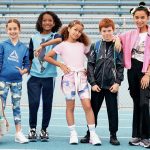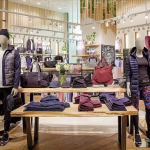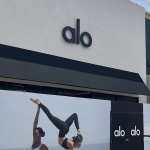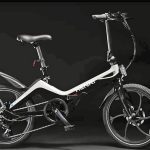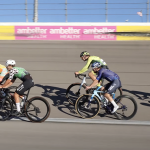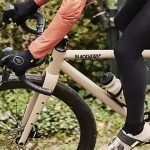The Canadian BPA scare spilled over into the United States late Friday when REI said it would begin pulling polycarbonate bottles containinig the chemical bisphenol A, or BPA, from its store shelves and stop selling them on line.
REI confirmed the move late Friday after Nalgene announced earlier in the day that it will phase out production of its Outdoor line of polycarbonate containers that include BPA over the next several months.
“REI is in the process of removing all water bottles made with BPA from its store shelves,” REI Public Affairs Director Megan Behrbaum told The BOSS Report late Friday. “These bottles will also no longer be sold on REI.com or REI-OUTLET.com. When the process is complete, we will offer only water bottles that have been made without BPA.”
Both announcements follow the decision earlier in the week by several Canadian retailers to pull BPA bottles from their shelves in anticipation the Canadian government might ban the importation of baby bottles containing bisphenol-A, or BPA. Canada's helath ministry, Health Canada, opened up a 60-day public comment period on that proposal Friday.
Both Nalgene and REI offer a broad line of BPA-free bottles and containers to replace Nalgene's Outdoor line, including Nalgene's recently launched Everyday line made from Tritan, a copolyester made by Eastman Chemical Co. CamelBak worked closely with Eastman to commercialize Tritan and began shipping the first Tritan bottle in the market in January.
Canada considers banning baby bottles containing BPA
The move away from BPA containers is being driven more by fears of what is not known about the chemical than any compelling evidence that it poses a signficant health threat to humans. BPA is ubiquitious in many products, including the liners of canned goods. Rising concern revolves around new studies that find that when heated, BPA containers can crack and leach the chemical into food or fluids. Studies have shown the chemical can mimic the hormone estrogen and lead to cancer in mice.
Research by Health Canada determined that the main source of exposure for newborns and infants is through the use of polycarbonate baby bottles when they are exposed to high temperatures and the migration of BPA from cans into infant formula. The government's scientists concluded that BPA exposure to newborns and infants is below levels that may pose a risk, however, the gap between exposure and effect is not large enough.
To be prudent, the Government of Canada is proposing to reduce BPA exposure in infants and newborns by proposing a number of actions: to ban polycarbonate baby bottles; to develop stringent migration targets for bisphenol A in infant formula cans; to work with industry to develop alternative food packaging and develop a code of practice; and to list bisphenol A under Schedule 1 of the Canadian Environmental Protection Act.
The concerns that the public might miss the nuances of the Canada's position apparently was enough to prompt U.S. vendors and retailers to follow the lead of Canadian retailers and phase out BPA containers. Until now, the position of REI and most other large U.S. retailers was to continue offering BPA containers alongside BPA-free alternatives.
“Based on all available scientific evidence, we continue to believe that Nalgene products containing BPA are safe for their intended use,” said Steven Silverman, general manager of the Nalgene business. “However, our customers indicated they preferred BPA-free alternatives and we acted in response to those concerns. By eliminating containers containing BPA from our consumer product mix, our customers can have confidence that their needs are being met.”
Nalgene has 10 lines of BPA-free bottles and is among the vendors that recently launched bottles made from Eastman Chemical Co.'s Tritan copolyester material. Eastman announced in March it was expanding the capacity of its Tritan factory in Kingsport, TN.

